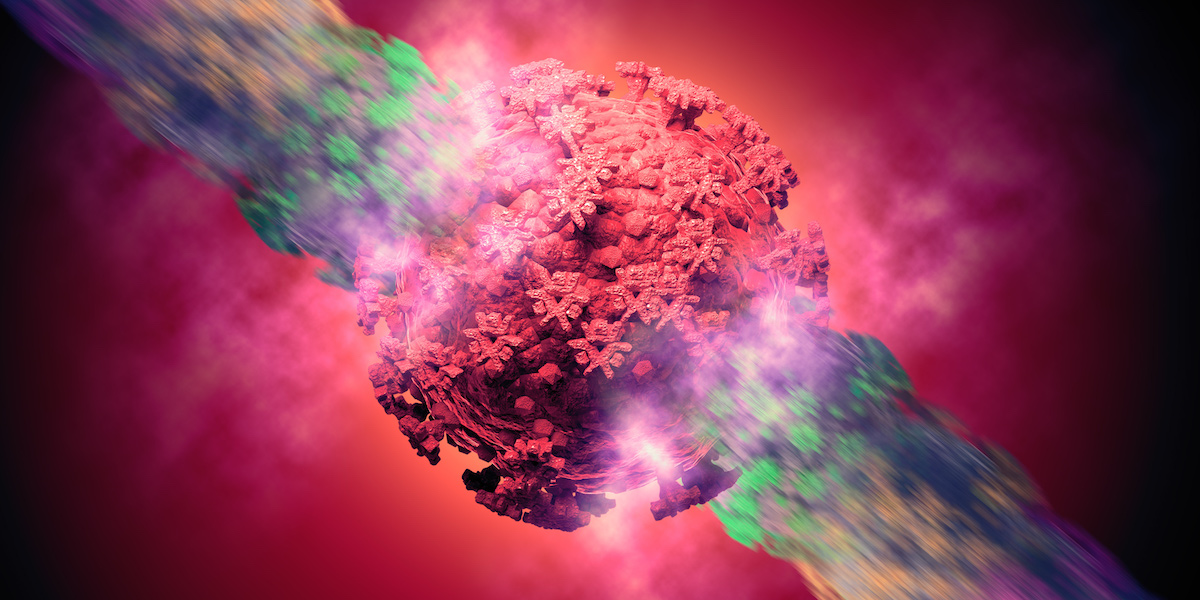<< Back
You’ve Had COVID, But No Vaccine: Are You Protected From Delta Variant?

July 21, 2021
When people insist they don’t need a vaccination because they’ve already had COVID-19, they’re actually declaring natural immunity is stronger than vaccine-induced immunity.
The Centers for Disease Control and Prevention, medical experts and researchers disagree. The CDC says people infected with COVID-19 have some short-term natural protection, but it’s uncertain how long that immunity lasts. Because people can get infected more than once, the CDC says, vaccination is the best protection.
“The vaccine reduces all the high-risk and high-mortality issues,” says Dr. Anuj Vohra, Medical Director of Emergency Services at Charlotte Hungerford Hospital in Torrington, “and puts us more into the flu-like illness category, where it’s safe. . . . [The vaccine] is here to save our lives and help prevent the spread to others we care about and love. So it’s very important to get the vaccine.”
A recent study published in the journal Science Translational Medicine demonstrated why the vaccine-induced immunity appears stronger than natural immunity. The protective antibodies generated by an mRNA vaccine — both the Pfizer-BioNTech and Moderna vaccines use this technology — targeted a broader range of virus variants than did antibodies generated by natural infection.
“The researchers uncovered important differences between acquired immunity in people who’d been vaccinated and unvaccinated people who’d been previously infected with (COVID-19),” wrote Francis Collins, director of National Institutes of Health.
“More importantly,” he wrote in a June blog post, “the data provided further documentation that those who’ve had and recovered from a COVID-19 infection still stand to benefit from getting vaccinated.”
In the study, researchers at the Fred Hutchinson Cancer Research Center in Seattle targeted the receptor binding domain, or RBD, a part of the COVID-19 virus that serves as a link between the viral spike protein that infects humans and a receptor known as ACE2 in some cells. Their question: Which antibodies attacked the RBDs and prevented infection, those generated by the vaccine or natural infection?
Their answer was similar to a previous study at the University of California-Irvine, which found up to 10 times higher antibodies titers in people who had mRNA vaccines than in convalescent plasmas from blood of people who recovered from natural infection.
Unlike a vaccination, natural immunity offers uneven protection. A study earlier this year found immune responses in some recovered patients lasting at least eight months, though some patients had immunity levels 100 times greater than others.
Scientists are still testing the effectiveness of COVID-19 vaccines against the Delta variant (see microscopic rendering above) and whether a booster shot might be required. But Public Health England found two doses of the Pfizer-BioNTech vaccine about 88 percent effective against symptomatic disease and 96 percent effective against hospitalization.
“Please,’ says Dr. Ulysses Wu, Hartford HealthCare’s System Director of Infection Disease and Chief Epidemiologist, “get your vaccination.”